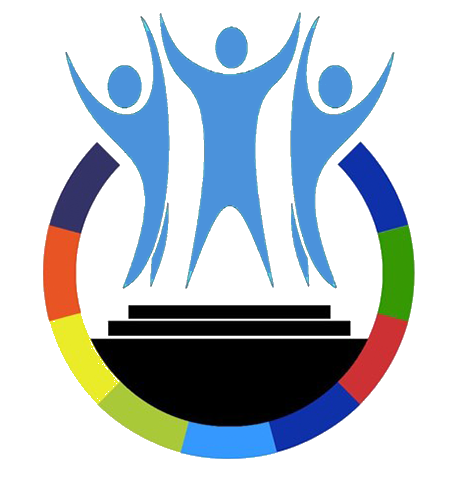

June 06, 2024
Health, Education, Active Citizenship, Environment
Peer education is a dynamic approach to learning and support that leverages the power of peers to disseminate information, share experiences, and promote positive behaviors within a community. It typically involves individuals of similar age, background, or interests engaging in informal educational activities to address various topics, ranging from health and wellness to social issues and personal development. The primary objective of this organization is to empower individuals to make informed decisions and adopt healthier behaviors. By utilizing peers as educators, this approach aims to create a more relatable and accessible learning environment, where information is exchanged in a nonjudgmental and supportive manner. Peers can often communicate more effectively with each other, as they share common experiences, language, and cultural norms, leading to increased trust and engagement. Furthermore, peer education serves as a vehicle for promoting positive social change and building resilient communities. Through peer-led initiatives, individuals can challenge harmful stereotypes, combat stigma, and advocate for inclusivity and acceptance. By fostering a sense of belonging and connection, peer education can strengthen social bonds and promote a culture of mutual respect and support. In addition to promoting health behaviors and preventing risky behaviors, peer education also aims to enhance personal development and leadership skills among participants. By taking on the role of educators, peers develop confidence, communication skills, and empathy, which are invaluable attributes for both personal and professional growth. Peer education programs often provide opportunities for skill-building, mentorship, and leadership development, empowering individuals to become change agents within their communities. Overall, peer education is a collaborative and empowering approach to learning and support that harnesses the unique strengths and perspectives of peers to promote positive change and foster personal growth. Through meaningful engagement and shared experiences, peer educators and participants alike can create healthier, more resilient communities where everyone has the opportunity to thrive.